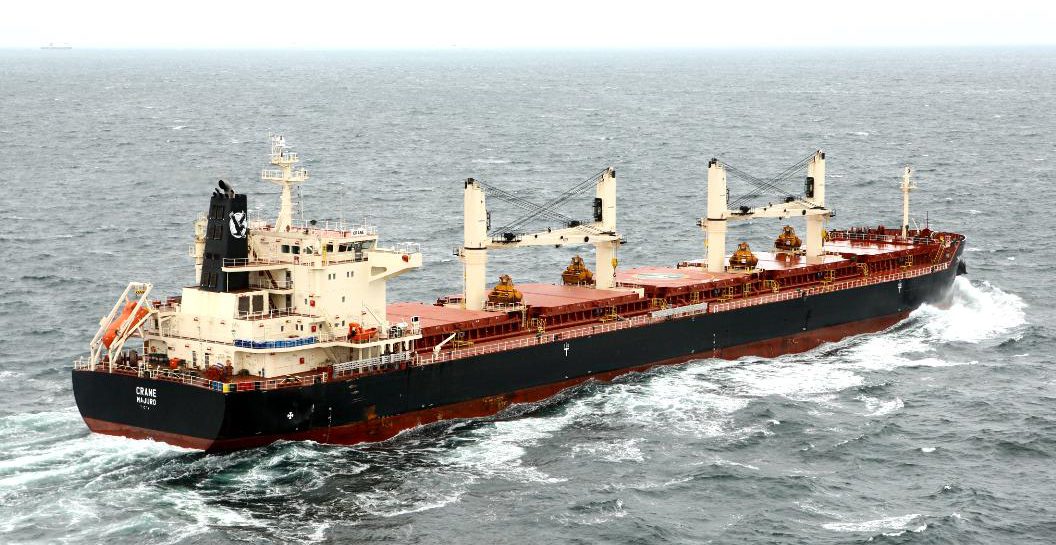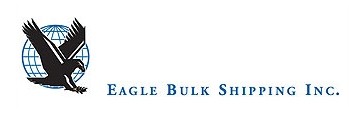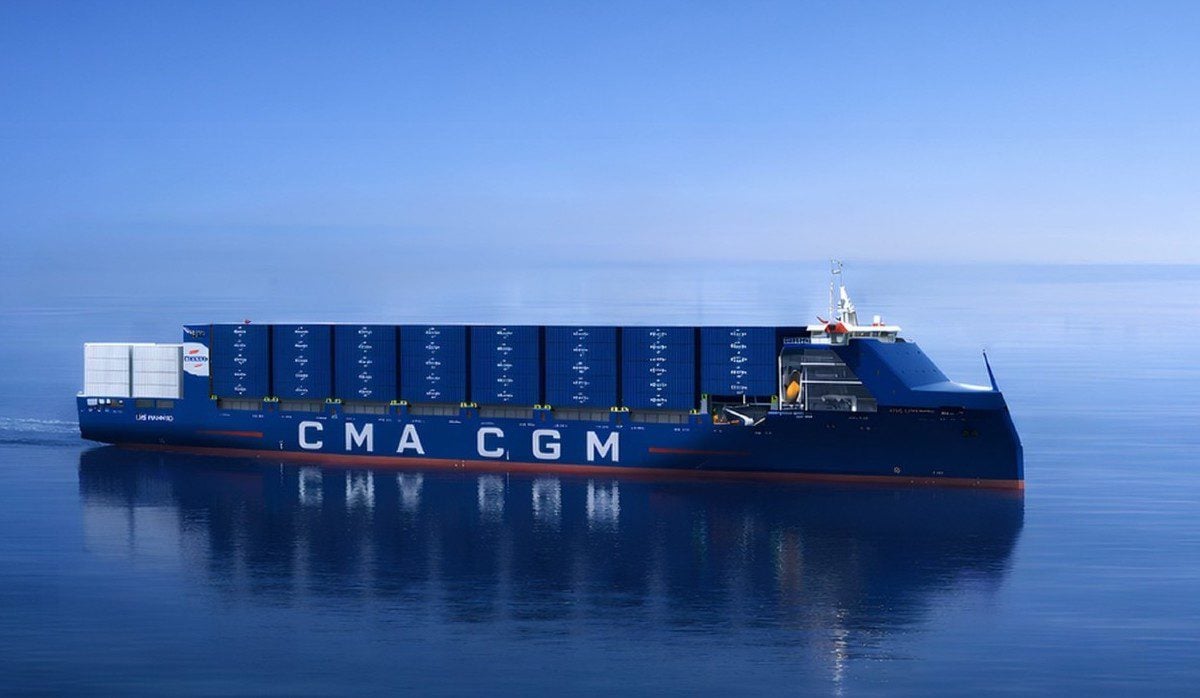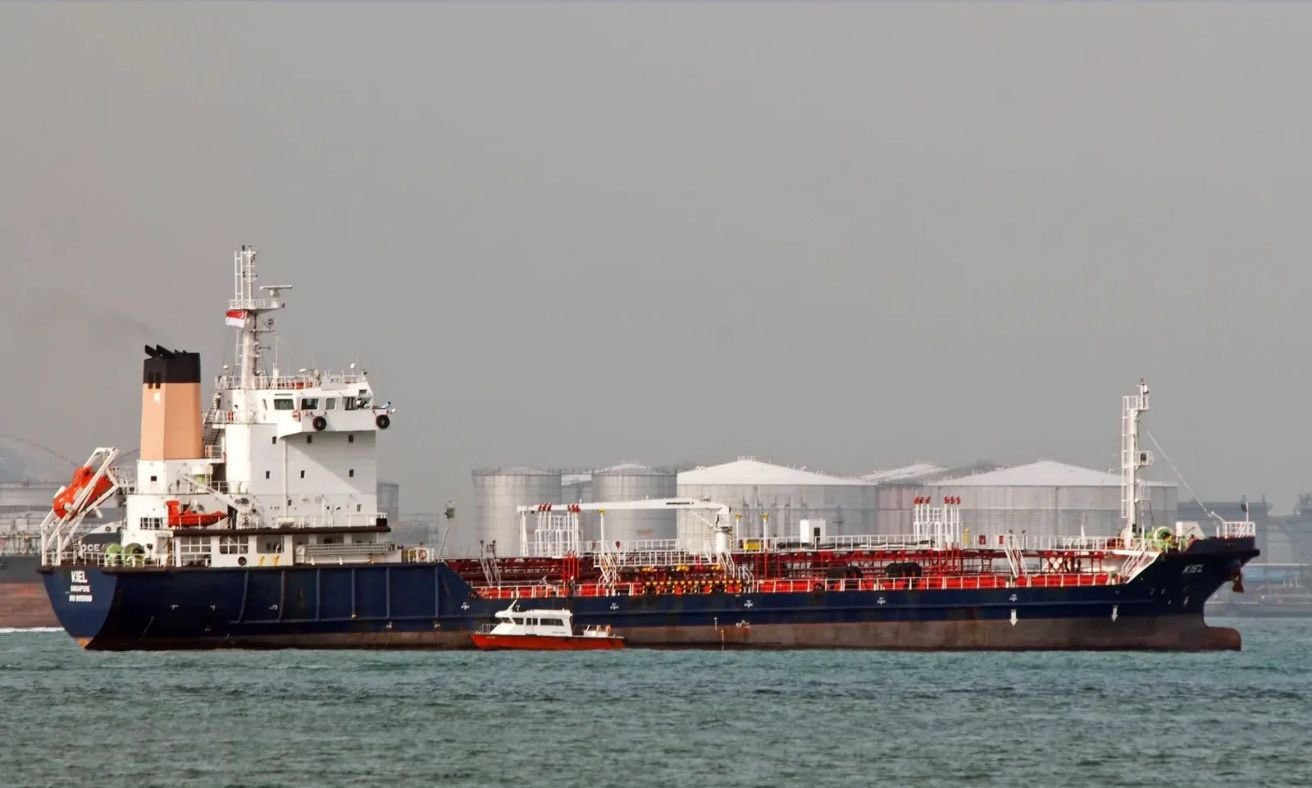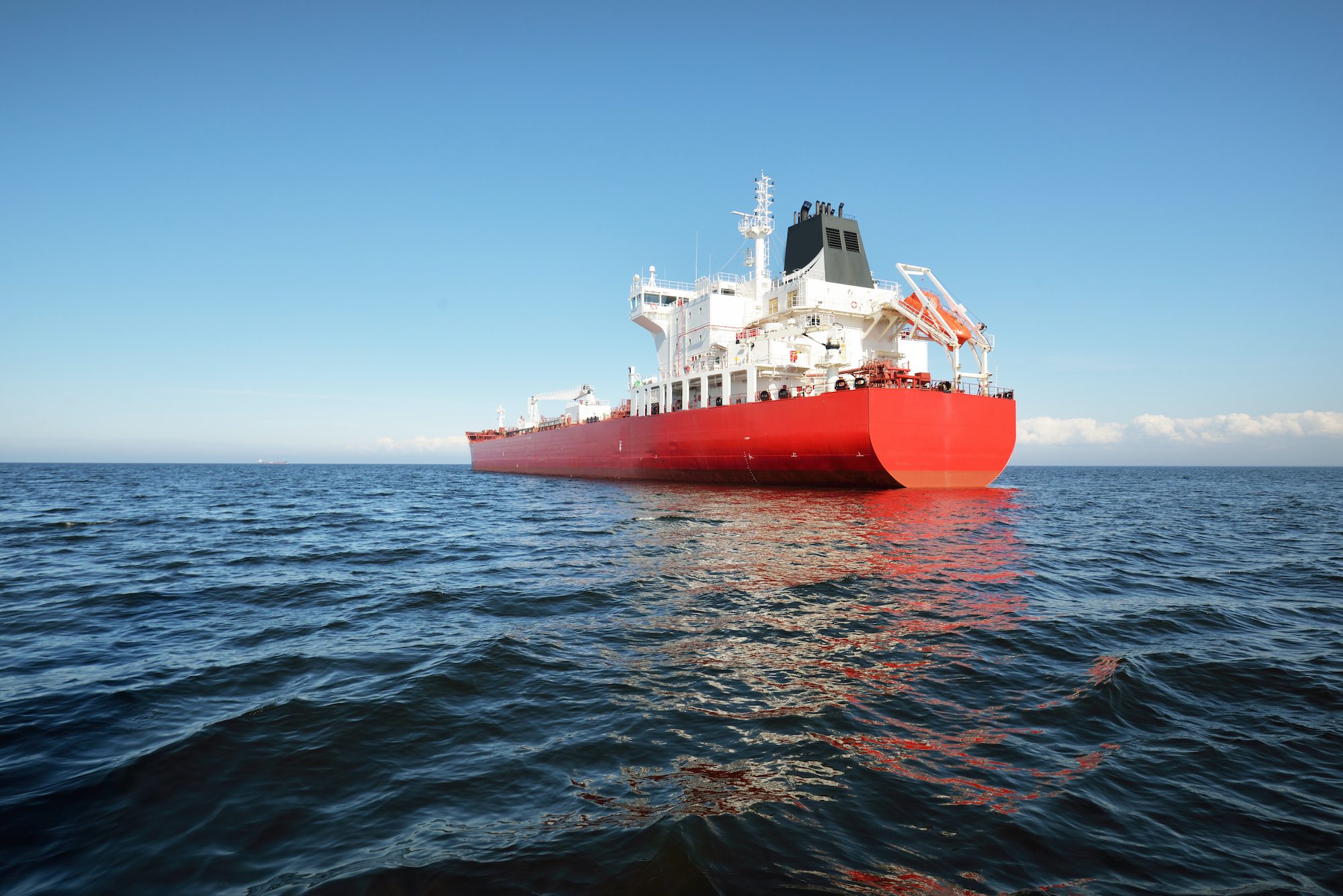Supramaxes, each hauling enough ore to make about 33,000 metric tons of steel, will earn an average of $8,500 a day in 2013, 15 percent less than this year, based on forward freight agreements traded by brokers and used to bet on shipping costs. That’s 13 percent less than New York-based Eagle Bulk, the largest U.S. owner of the ships, says it needs to break even.
Goa, India’s top exporting state, banned all production last month to curb illegal mining, and shipments from the world’s fourth-largest supplier will decline 36 percent this year, according to Clarkson Plc, the biggest shipbroker. Supramaxes take about 40 percent of the nation’s cargo, Drewry Maritime Research estimates. That’s curbing demand at a time when owners are contending with record fleet capacity and ore prices are slumping because of weaker global consumption.
“The loss of Indian iron ore is eating away at Supramax demand,” said Marc Pauchet, an analyst at ACM Shipping Group Plc, a London-based shipbroker founded three decades ago and now with offices in 10 cities from New York to Shanghai. “In this environment, every lost cargo hurts.”
Commodity Cargoes
Iron ore traded at the Chinese port of Tianjin, a global benchmark, fell 18 percent to $113 a ton this year, according to The Steel Index Ltd., a unit of McGraw-Hill Cos. Prices are dropping as China’s growth slows and analysts are getting more bearish, with HSBC Holdings Plc cutting its forecast for next year by 27 percent to $105 on Oct. 12.
Supramax rates averaged $9,949 since the start of this year, the lowest since at least 2005, according to the London- based Baltic Exchange, whose data are used as benchmarks for about 75 percent of all commodity cargoes. Earnings slumped 34 percent to $8,032 since January began. Its ships need an average of $9,807 to cover costs including crew and financing, Eagle Bulk said in a presentation to investors Aug. 9.
The company operates a fleet of 45 Supramaxes, 45 percent of which compete in the single-voyage market and the rest on longer-term charters. Eagle Bulk will report net losses of $4.84 a share for this year and $4.49 for 2013, based on the median of seven analyst estimates compiled by Bloomberg. Its shares dropped 17 percent to $3.12 this year and will reach $1.83 in 12 months, the average of five forecasts shows.
Domestic Steelmakers
Goa, which ships 70 percent of India’s iron ore, banned all production after a government panel said illegal mining had cost the western state about $6.6 billion over six years. The curbs may last at least a year, implying as much as 50 million tons of lost exports, Standard Bank Plc estimates. The ban has a higher impact now because most shipments are done from September to May to avoid the monsoon, the bank says.
India already imposed a 30 percent tax on exports at the end of 2011, in part to ensure supply for domestic steelmakers. Shipments will plunge to 50.2 million tons this year from 78.5 million tons in 2011, the steepest decline since at least 1994, London-based Clarkson estimates. They will drop to 48.3 million tons in 2013, according to the shipbroker. India ranks behind Australia, Brazil and South Africa in seaborne iron ore.
Supply from India may exceed those forecasts. The mines ministry wants to lower export taxes on lower-grade ore to help clear stockpiles, former Mines Secretary Vishwapati Trivedi said in an interview last month. The iron content is too low for most of the country’s own mills and is preferred by Chinese steelmakers, according to Drewry. About 30 percent of India’s output in 2009 and 2010 was below 62 percent iron content, a global benchmark, the Indian Bureau of Mines estimates.
Freight Derivatives
The slump in Indian shipments may be offset by more cargoes from producers including Indonesia, Australia and South Africa, said Philippe Van Den Abeele, the London-based managing director of Castalia Fund Management (U.K.) Ltd., an adviser to a hedge fund trading freight derivatives.
While iron ore is the second-largest seaborne cargo after crude oil, Supramaxes can also carry about 50 other products, making them less reliant on the trade, said Steve Rodley, a managing partner at London-based Global Maritime Investments Group, which operates ships and trades freight derivatives. They can also call at more ports than larger Capesizes, said Erik Folkeson, an analyst at Swedbank First Securities in Oslo.
Supramax Capacity
Some of those alternative cargoes are also dropping. Global trade in grains will decline 14 percent next year after drought and heat waves curbed yields in the U.S. and Europe, the U.S. Department of Agriculture estimates. Fewer grain shipments and less iron ore from India are the biggest contributors to weakening demand for Supramaxes, said Jeffrey Landsberg, managing director of Commodore Research & Consulting, a New York-based adviser to ship owners.
The Supramax fleet is expanding more quickly than demand because too many vessels were ordered when rates rose as high as $72,729 in 2007. Seaborne trade in dry-bulk commodities will advance 4 percent this year as Supramax capacity gains 12 percent, Clarkson estimates. Outstanding orders at shipyards equal 17 percent of the existing fleet, according to data from IHS Inc., an Englewood, Colorado-based research company.
The glut extends across most of the merchant-shipping industry. The Baltic Dry Index, a measure of costs across four vessel classes, plunged 42 percent since the start of January. Rates for very large crude carriers, each hauling 2 million barrels of oil, slid 60 percent this year, Clarkson data show.
Nippon Yusen
Eagle Bulk and its banks agreed in June to postpone debt repayments until 2015, when $1.13 billion will be due, with the lenders receiving share warrants. Jonathan Morgan, an external spokesman for Eagle Bulk from Perry Street Communications in New York, declined to comment.
The company has the highest proportion of Supramaxes in its fleet of any listed firm, Clarkson data show. While state- controlled China Cosco Holdings Co. is the biggest Supramax owner, the ships account for 14 percent of its capacity. Nippon Yusen K.K., based in Tokyo, and China Shipping Group are the second- and third-largest Supramax owners.
Global demand for seaborne iron ore this year will rise 4.8 percent, the least since 2001, to 1.1 billion tons, Clarkson says. Figures due Oct. 18 may show the economy in China, which buys 65 percent of all cargoes, had a seventh quarterly slowdown in the third quarter. China will expand 7.7 percent this year, the slowest since 1999, the median of 27 economist estimates compiled by Bloomberg showed. The International Monetary Fund cut forecasts for global growth for 2012 and 2013 last week.
Indian Shipments
Iron ore traded at Tianjin is extending last year’s 19 percent decline, according to The Steel Index. Chinese steel demand will probably expand 2.5 percent this year and 3.1 percent in 2013, from 6.2 percent in 2011, the Brussels-based World Steel Association said in a report Oct. 11.
India’s shipments to China averaged 3.99 million tons a month this year compared with 6.1 million tons in 2011 and as much as 8.95 million tons in 2009, Chinese customs data show.
“India’s iron-ore exports have gone from being a major trade for Supramaxes to almost nothing,” said Rahul Sharan, a senior research analyst at Drewry in Delhi. “This is a trend that’s going to continue.”
– Isaac Arnsdorf, Copyright 2012 Bloomberg

 Join The Club
Join The Club



